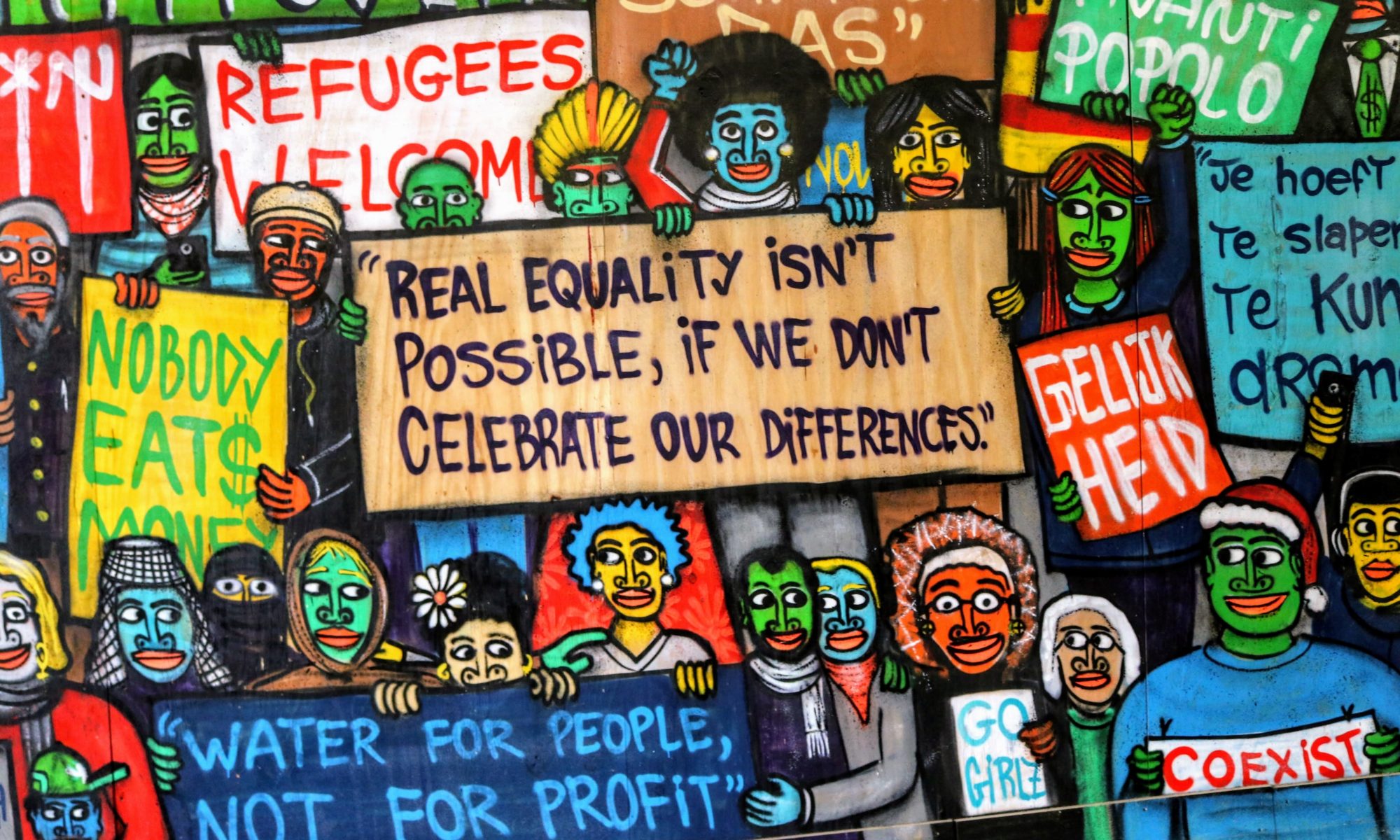By Tim Kornprobst and Anna Schwachula
Ever since development cooperation began in the 1950s, it has fallen under suspicion of upholding colonial conditions. Proponents of post-development theories therefore stress that the concept of development cooperation is problematic in the way it divides the world into “developed” countries on the one hand and “less developed” countries on the other, as this is considered to represent a Western, capitalist paradigm. In the eyes of critics, this bifurcation serves to perpetuate a colonial power structure in which experts from the global North recommend solutions to societies of the global South they consider to be “backwards”.
While ownership has been a priority of development cooperation since the 2005 Paris agenda if not before, in practice the goals of development projects are often defined by experts from the global North, even though these goals are geared to strategies of the partner governments. The power gap has structural roots, which makes it difficult to overcome in everyday development policy. All too often, implementing partners involved at project level, such as employees of national ministries or business associations, and the projects’ target groups have little involvement in the decision-making processes. They have to make do with implementing the project goals of foreign organisations that have less knowledge than them of the specific local conditions. Blueprints created in the global North often fail if they are too general in nature to suit the local context. German development cooperation projects, especially those in the area of governance, in many cases do not take sufficient account of the local context, something which the Deutsche Gesellschaft für Internationale Zusammenarbeit (GIZ) identified itself in an evaluation. However, if solutions are dictated rather than being produced jointly, project failure is not the only risk. A lack of input on the part of partner organisations can also lead to a rejection of the cooperation project at social level.
Building on the Post-Development Debate
The post-development debate could inspire a re-think in development cooperation, giving rise to more sensitivity to power and context and a greater focus on ownership within projects on the part of partners and target groups. Specifically, this means that partners and other participants define problems, project goals and indicators in dialogue and conduct projects themselves. As a result, employees from the global North would not adopt the role of experts offering supposed solutions. Instead, they would function as searchers, facilitators and mediators, bringing all stakeholders together around the same table and providing them with constructive support and finance for their own planning processes. Those directly involved from the partner country would use their knowledge of their environment when planning the project and define the problem, being the ones most familiar with its social, political and economic context. This is especially applicable to marginalised or economically disadvantaged groups, whose rights to co-decide have received too little recognition to date in development strategies. The post-development approach urges actors to build on local strengths already at the stage of defining the problem and the project. In project planning, there is currently often a focus on deficiencies defined by external parties instead of considering assets. In many African cultures, for instance, there is a tradition of direct democracy, which must instead be recognised and integrated into the project implementation process. The post-development approach can be helpful in practice in terms of strengthening ownership while being more sensitive to context, thereby enhancing the effectiveness of development projects at the same time.
Such a power-sensitive sensitive approach can also be applied to development research. The questions of joint research projects must be defined equally by researchers in the global South. Similarly, researchers and intellectuals from the partner countries should receive financial and non-material support to help them develop and disseminate their own ideas, for instance regarding sustainable development. This would encourage equal and reciprocal dialogue.
A re-think is needed in order to achieve this. Staff of development organisations and development researchers in the global North should no longer view themselves as experts and strategists for a given country, let alone an entire continent. Project and financial planning needs to be more flexible to allow the ideas of partners to shape projects to a significant degree. This is the only way to jettison part of our colonial heritage. We owe that much to the global South.
Tim Kornprobst is participating in the 56 Postgraduate Course of the German Development Institute / Deutsches Institut für Entwicklungspolitik (DIE). He is co-author of the paper “Postcolonialism & Post-Development: Practical Perspectives for Development Cooperation”
Anna Schwachula is researcher in the research programme Inter- and Transnational Cooperation at the German Development Institute / Deutsches Institut für Entwicklungspolitik (DIE).
This blog post was originally published by the German Development Institute / Deutsches Institut für Entwicklungspolitik (DIE)

